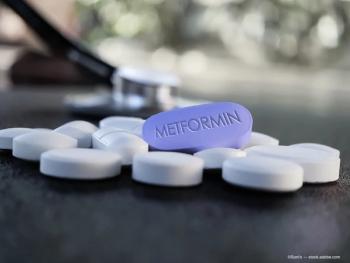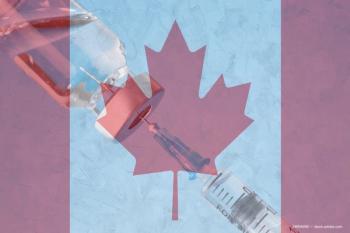
Unity provides Phase 1 study data for UBX1325
During a presentation at the Bascom Palmer Eye Institute Angiogenesis, Exudation, and Degeneration 2022 conference, Robert Bhisitkul, MD, PhD, provided 24-week clinical data from the Phase 1 study, demonstrating that patients with DME and wAMD showed improved visual acuity through 24 weeks following a single dose of UBX1325.
During the Bascom Palmer Eye Institute Angiogenesis, Exudation, and Degeneration 2022 conference, Robert Bhisitkul, MD, PhD, provided 24-week clinical data from UNITY Biotechnology’s Phase 1 study of UBX1325.
Consistent with previously shared data, the majority of patients treated with UBX1325 showed rapid and sustained improvements in best corrected visual acuity (BCVA) and maintained or improved central subfield thickness (CST).
Bhisitkul’s presentation titled, “Phase 1 Study of Intravitreal UBX1325: A Novel Agent Against Retinal Cell Senescence in AMD and DME,” featured safety, efficacy, and durability data from the Phase 1 single ascending dose study of UBX1325 in patients with diabetic macular edema (DME) and wet age-related macular degeneration (wet AMD), including data results from the AMD expansion cohort through 24 weeks, marking the study completion:
- UBX1325 was well tolerated without signs of intraocular inflammation or other related ocular adversities
- In DME, following a rapid improvement in BCVA, a mean improvement of 9.5 ETDRS letters from baseline at 6 months in the higher dose cohorts (5, 10 mcg) and 6.9 ETDRS letters from baseline at 6 months in all dose cohorts was observed
- In AMD, following a rapid improvement in BCVA, there were improvements or stabilization of both BCVA and CST through 6 months post-injection
- In both diseases, the majority of patients treated with UBX1325 showed durable improvement in vision and did not meet objective rescue criteria requiring standard of care anti-VEGF treatment
Among patients who received anti-VEGF rescue, there was minimal change in either mean BCVA or CST following treatment in all but one patient
“Patients with retinal vascular diseases like DME and AMD face a significant treatment burden with currently available therapies, which can result in poor or unsustainable long-term outcomes,” Bhisitkul pointed out. “There is a great need for more durable effective treatments that help patients better manage their disease. The totality of the 24-week clinical data presented is encouraging as it supports the potential of UBX1325 as an alternative to anti-VEGF with a distinct mechanism of action.”
Anirvan Ghosh, PhD, CEO at Unity, noted that the full 24-week clinical data shows a rapid improvement in visual acuity from a single treatment of UBX1325 in advanced patients with DME and wet AMD who had received prior standard of care anti-VEGF therapy.
“We anticipate 12-week data from our ongoing Phase 2a study in DME by mid-2022 and 16-week data from our ongoing Phase 2 study in wet AMD in the fourth quarter of 2022,” Ghosh added.
UBX1325 is an investigational compound being studied for age-related diseases of the eye, including DME, AMD, and diabetic retinopathy (DR). It is a small molecule inhibitor of Bcl-xL, a member of the Bcl-2 family of apoptosis regulating proteins. UBX1325 is designed to inhibit the function of proteins that senescent cells rely on for survival.
According to the company, in preclinical studies, it has demonstrated that targeting Bcl-xL with UBX1325 preferentially eliminated senescent cells from diseased tissue while sparing cells in healthy tissue. UBX1325 has shown a favorable safety profile and improvements in visual acuity sustained through 24 weeks following a single dose in a Phase 1 clinical study in advanced vascular eye disease.
Newsletter
Don’t miss out—get Ophthalmology Times updates on the latest clinical advancements and expert interviews, straight to your inbox.





























